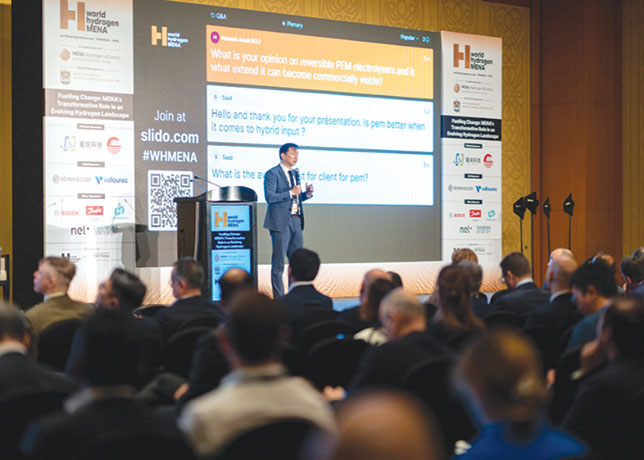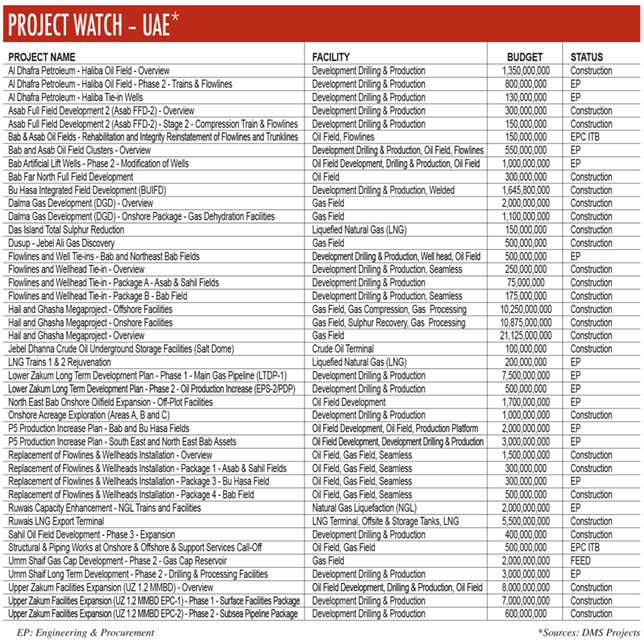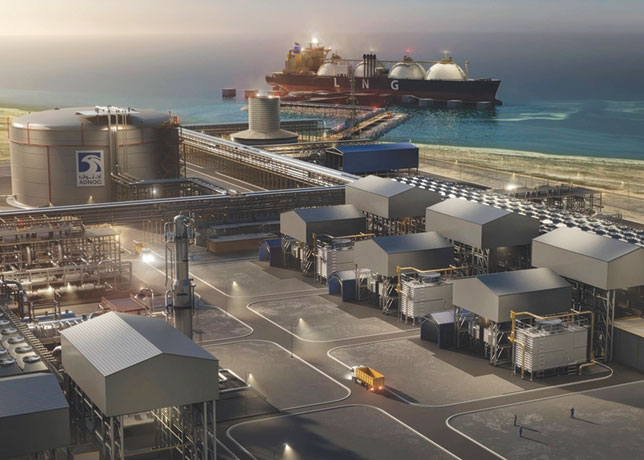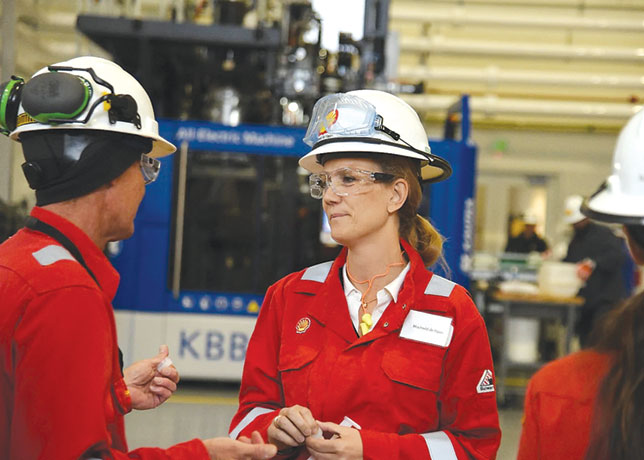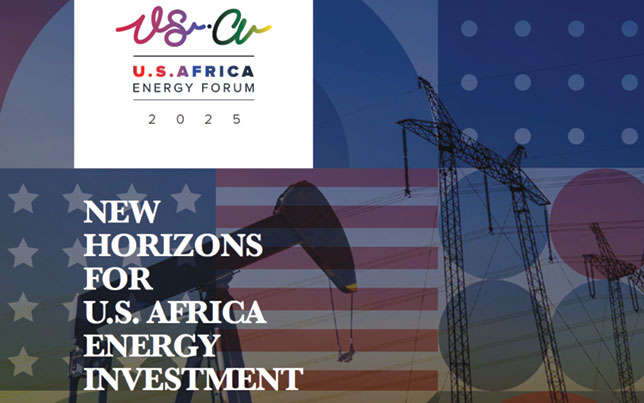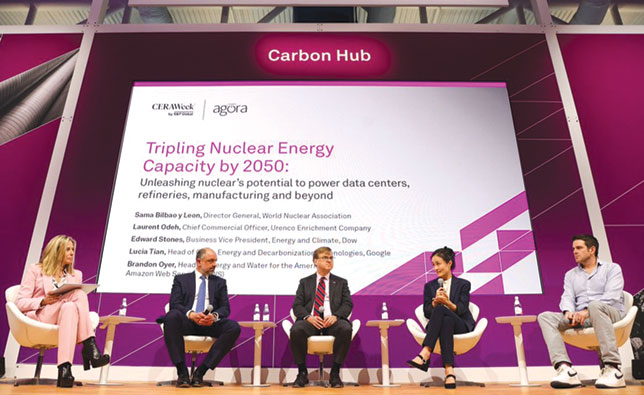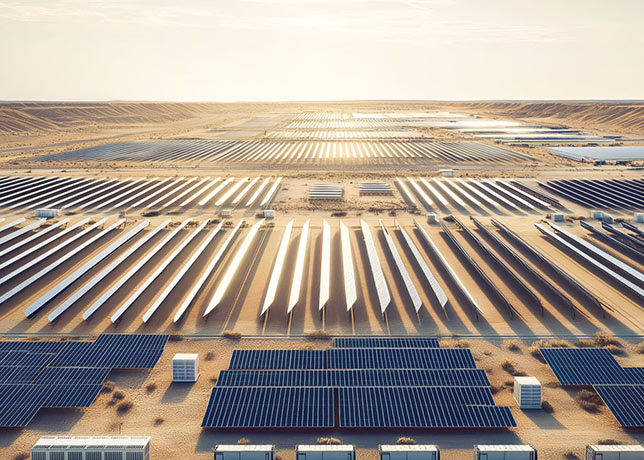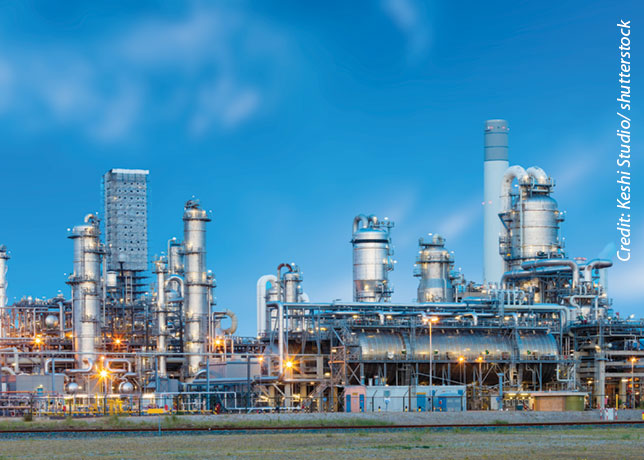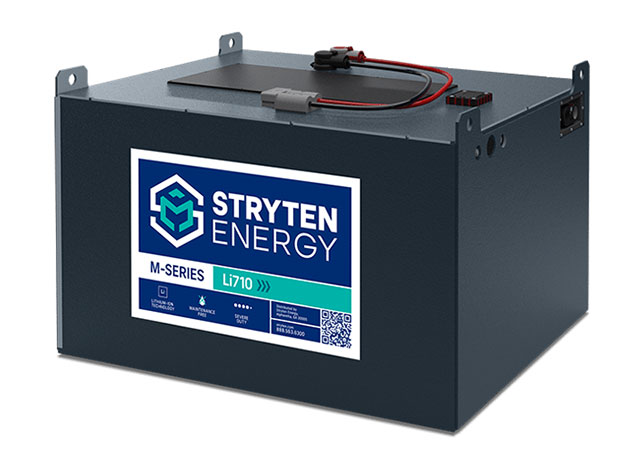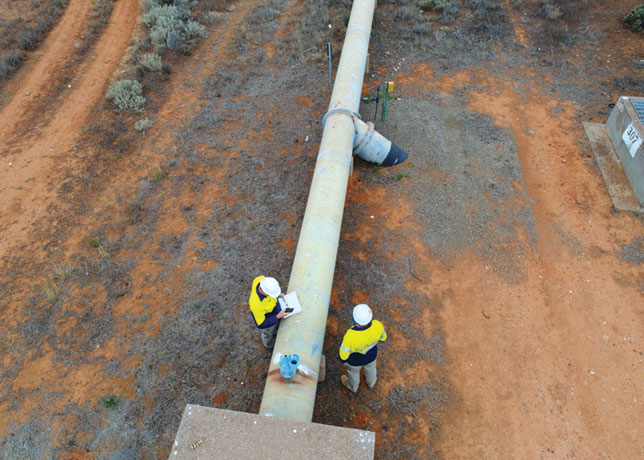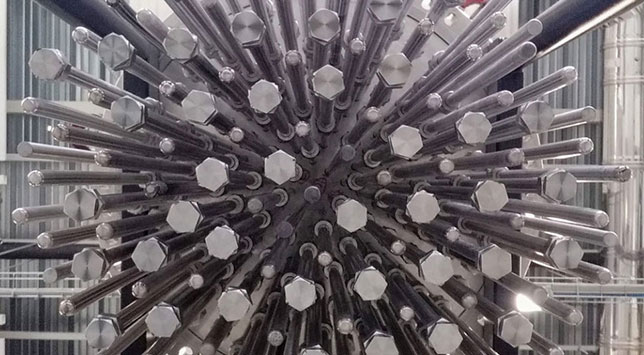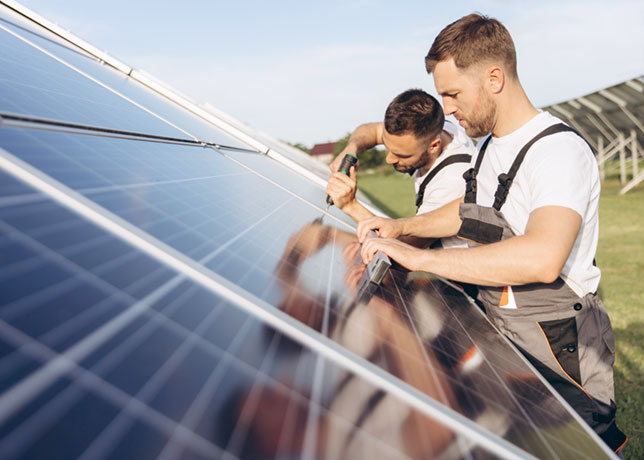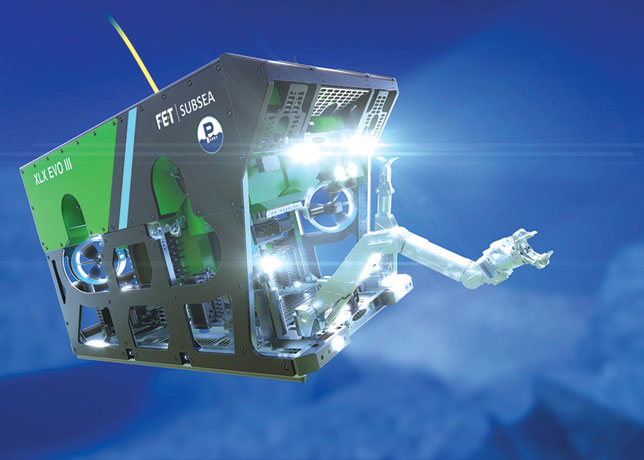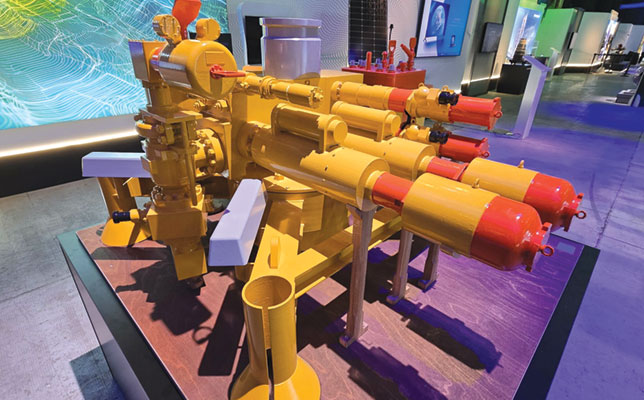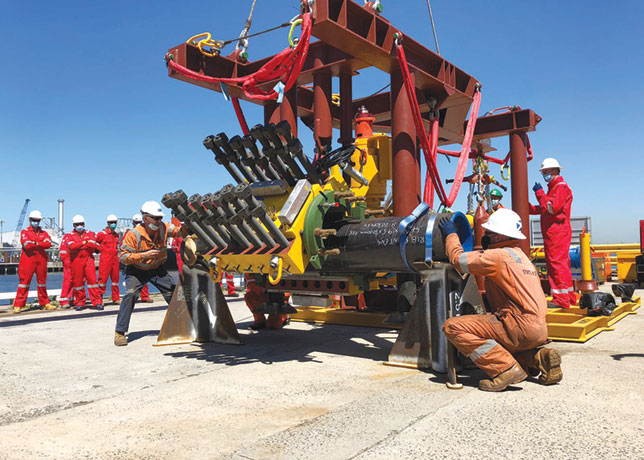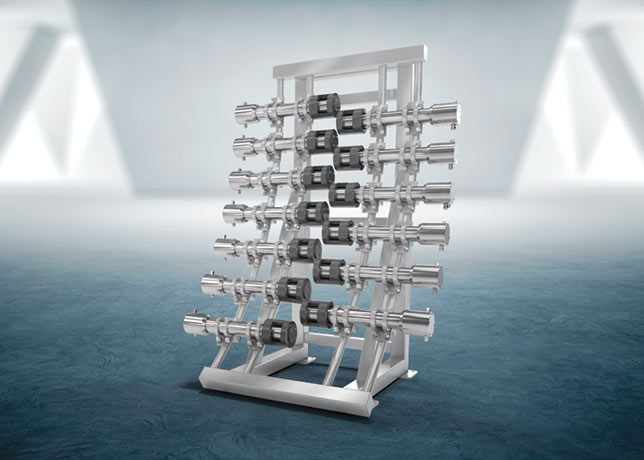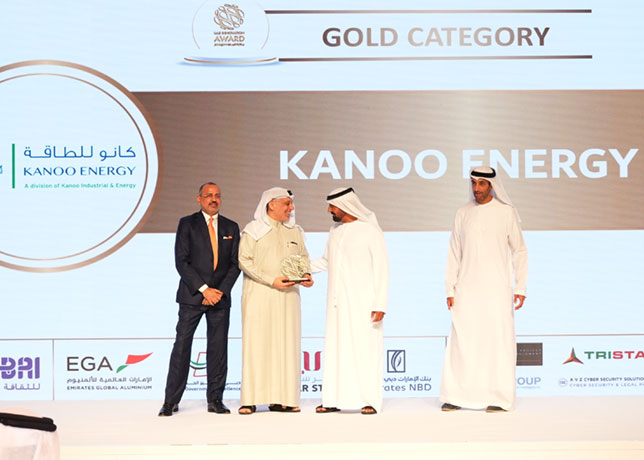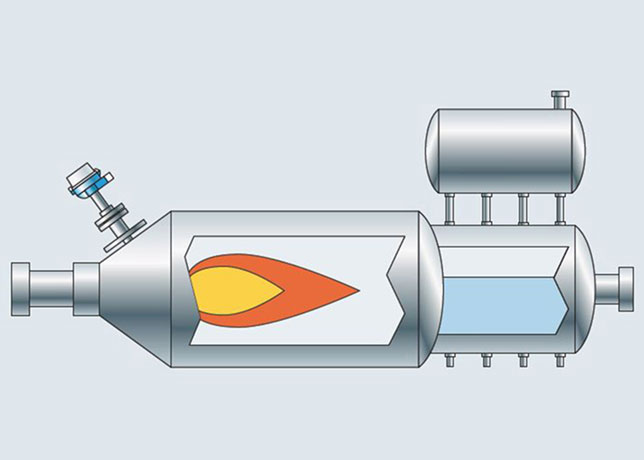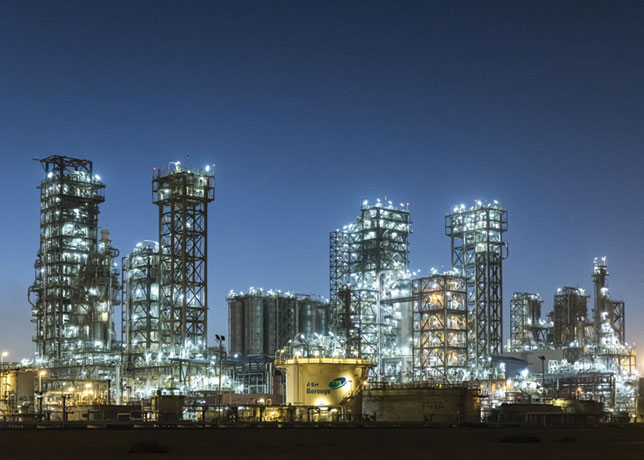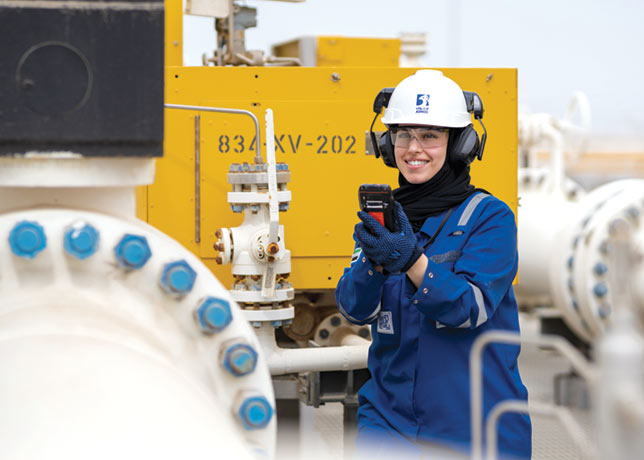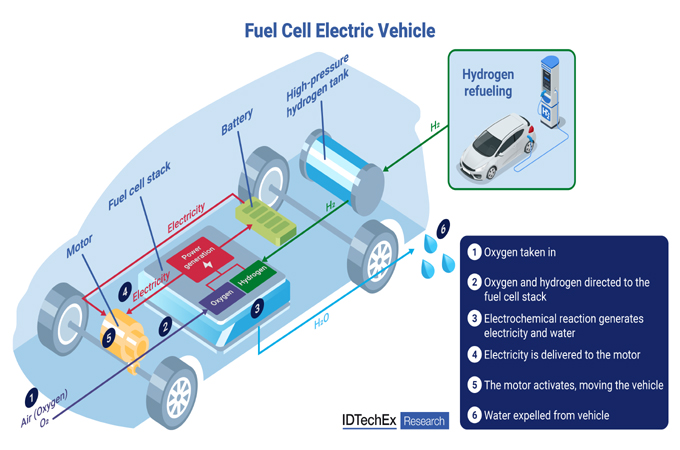
Fuel cell electric vehicles (FCEVs) are gaining popularity, with sales exceeding 10 million in 2024. However, the report by IDTechEx reveals that battery electric vehicles (BEVs) are more efficient than FCEVs, with triple the energy supplied to a BEV reaching the wheels compared to an FCEV.
Fuel cell electric vehicles (FCEVs) are a zero-emission solution, where hydrogen fuel is combined with air in a fuel cell stack to produce electrical power. The only on-road emission is water vapor, according to John Li, Technology Analyst at IDTechEx.
However, the increasing demand for charging power is a challenge, as charging stations need to be built to handle the peak demands of constant high-power charging.
Most areas do not have the necessary grid connections and infrastructure to support high-power levels of charging, which can cost upwards of $100,000. To tackle this, stationary energy storage solutions are being developed.
The scalability of hydrogen refueling is another concern, as hydrogen is stored onsite, meaning that peak power demand is significantly reduced when compared to DC fast charging stations.
Hydrogen pipelines will be built to create a network of infrastructure capable of consistently supplying hydrogen, but hydrogen refueling stations usually take multiple years to go from planning stages to finished construction.
Additionally, hydrogen refueling stations are very CAPEX-intensive, requiring equipment for hydrogen generation, transport, compression, and storage.
In conclusion, the future availability of green hydrogen remains a concern, as without access to large quantities of cost-effective, low-carbon hydrogen, FCEVs may not be taken up in significant numbers.
Currently, hydrogen refueling stations struggle to be profitable due to high running costs and small volumes of FCEVs on the roads. In the future, industries with demand for hydrogen, such as oil refineries or steelmaking, could be leveraged to make hydrogen fuel available and cost-effective for FCEVs. -TradeArabia News Service


